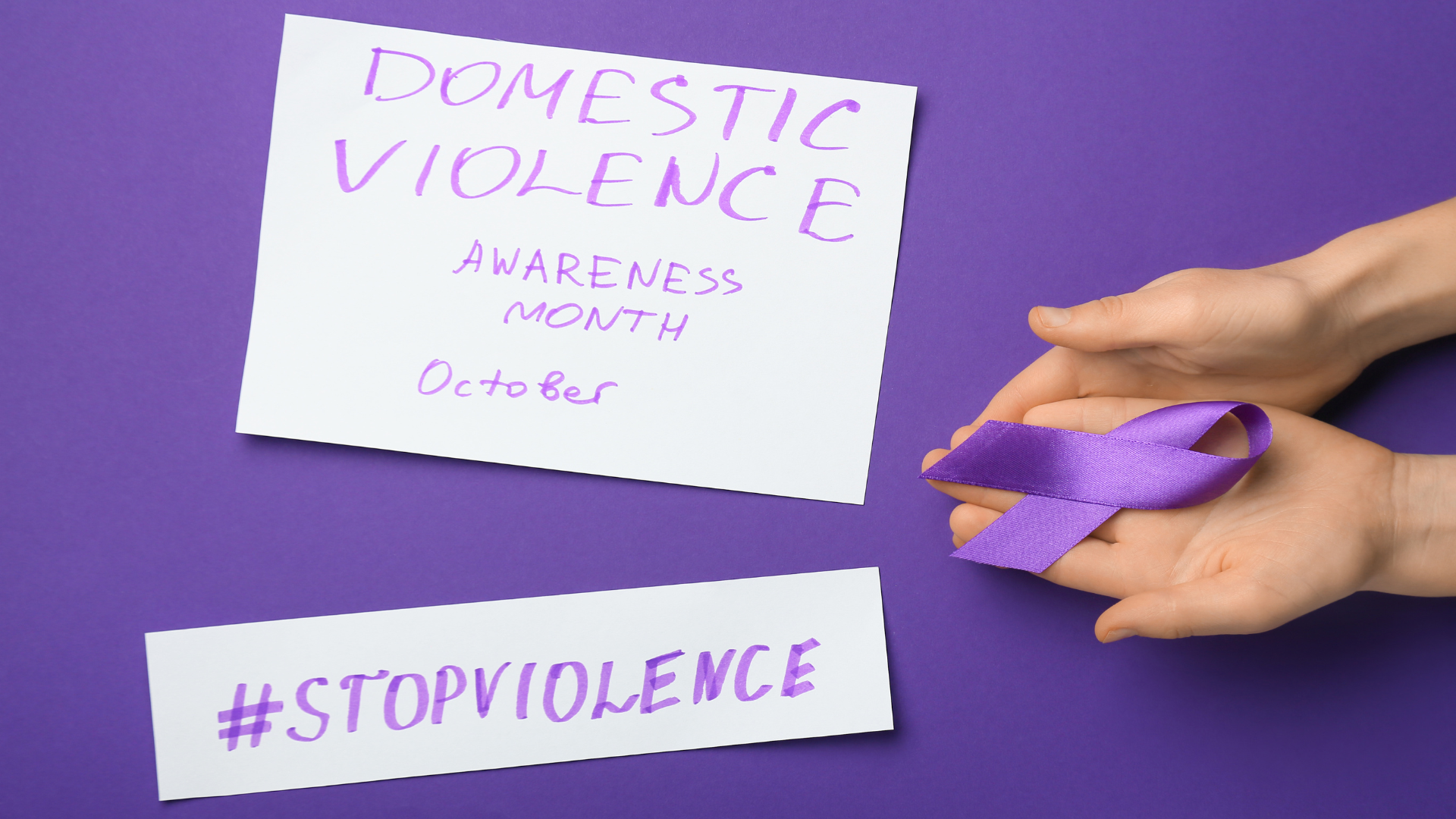Learning how to protect yourself on social media is vital nowadays. In this day and age, predators use social media and the internet to find and learn about their victims.
Pew Research found that roughly 4 in 10 Americans have encountered online harassment in some form. How can you keep yourself safe on the internet and social media?
Below, we outline several tips that you can use right now to protect yourself online.
How to Protect Yourself on Social Media Tip #1: Lock in Your Privacy Settings
The first step in protecting yourself on social media is to lock in your privacy settings for each platform.
Complete this privacy checklist for all your social media accounts:
- Set your account to “Private”, and allow “Only Friends” to see your posts and posts you are tagged in
- Turn off location sharing
- Shut off options to share your personal phone number, email address, or other personal identifying information
- Turn off “activity status”
This way, you can control who’s allowed to see your photos and who can access your personal information.
It’s also good practice to read the terms and conditions of each social media platform before opening an account, to understand how much of your personal information is publicly shared.
#2: Establish Your Own Privacy Rules
What you post to social media is up to you, which also means your online safety is up to you. Establish your own privacy rules for what you post and do not break them.
However, the following rules should be at the top of your list:
Never Post Your Exact Location at the Time You’re There
If you must share the name of the restaurant you went to for brunch, for example, share it only after you have left the area.
Keep Track of Who Your “Friends” Are
You should only accept “friend requests” from people you know in real life. Additionally, periodically check your friends list for people you no longer associate with. Know who’s following you, and if an account looks suspicious, don’t let them follow you!
Never Post Photos that Show the Outside of your Home or Street Names in your Neighborhood
These are location identifiers that can be used by predators to find your home or location. Remember, once a photo is posted on the internet, it’s always posted, and could become publicly visible.
Online predators pick apart every detail of your social media posts to stalk you. That’s why it’s never a bad thing to be overly careful and conscious of what you’re sharing on social media; it’s crucial for your safety.
#3: Know How to Spot Fake Accounts
Lastly, staying safe from predators on social media includes knowing how to spot fake accounts and scams.
These are the primary signs an account is fake:
- Their posts contain no original images. The account only uses stock photos, or other people’s photos.
- The account doesn’t engage in actual conversations. Inspect comments on posts, are actual conversations taking place between the account and its followers? If the user exclusively comments the same phrase(s) or emojis, it’s usually a fake account.
- The account reaches out to you claiming you won a giveaway. Fake giveaways are popular social media scams. That’s why you must always verify the authenticity of the account prior to exchange. Most platforms have some form of a verification icon next to an account’s name if the account is verified by the platform as an authentic user.Additionally, if an influencer or business tells you that you won a giveaway, take the conversation to email. Then, use a third-party money exchanging platform such as Paypal (which offers user protection).
- They ask for personal identification information. Never give someone your SSN, address, phone number, or driver’s license information via social media apps.
- Trust your gut. If something seems off or too good to be true, stick to the safe side and don’t share your information! Predators use fake accounts solely to obtain and exploit your personal information.
Your online safety starts with YOU
So, have you learned how to protect yourself on social media? The number of online stalkers and predators is only increasing, as we continue using social media to share about our lives. To stay safe from predators, keeping your information private while sharing your life online must be YOUR first priority.
Stay vigilant in your personal safety and develop an empowered mindset with the help of Shelley Klingerman. Register for one of her situational awareness trainings today.






